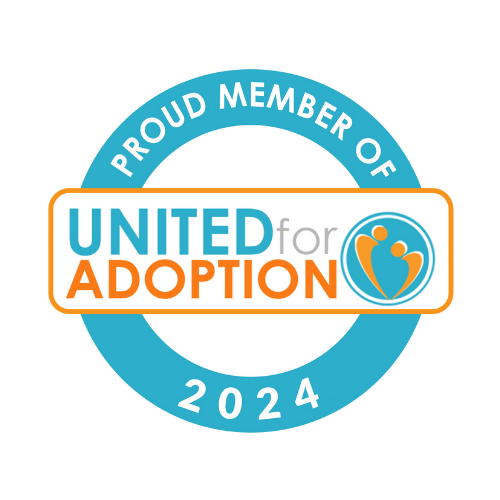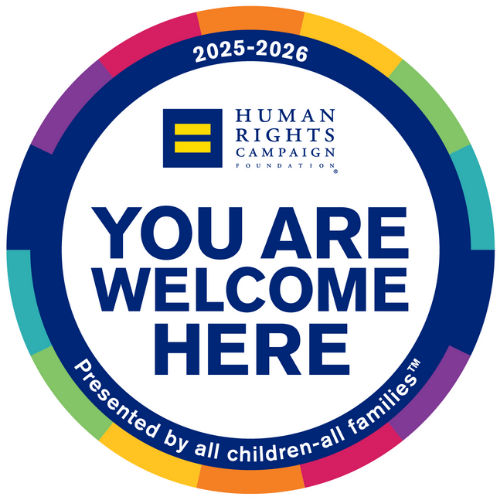By Brooke Adams
The Salt Lake Tribune
The Utah Supreme Court dismissed an appeal Tuesday in which the Navajo Nation sought to undo the adoption of two Navajo siblings by a non-American-Indian family.
The justices unanimously ruled the Navajo Nation failed to file a properly signed appeal on time, leaving the high court no jurisdiction over the case. The ruling marked the first time the justices held that neither the Indian Child Welfare Act (ICWA) nor the quasi-sovereign status of tribes trump state filing requirements.
Utah Assistant Attorney General John M. Peterson said that ruling requires the Navajo Nation and other tribes to follow state procedures in child custody cases, which is in the best interest of children.
Wes Hutchins, the attorney representing adoptive parents Ricardo and Suzi Ramos, said the couple was elated about the long-awaited opinion. Attorneys argued the case on May 1, 2009.
“We think this is a very fair and just result, especially when taking into consideration the best interests of these two children,” he said.
The Ramoses adopted Ella and Anthony in 2008, nearly two years after taking them into their home as foster parents. In May 2009, the Ramoses told representatives of the media that Ella, now 4, and Anthony, now 11, were thriving and that they have worked to keep the children connected to their American Indian heritage.
According to Tuesday’s opinion, the Division of Child and Family Services got involved with the family after one of the children’s siblings was found in September 2005 crying and alone near a Salt Lake City trash bin late at night.
The mother, who is Navajo, was pregnant with Ella, while Anthony was living with his grandmother on a Navajo Nation reservation in Arizona.
The children were removed from the mother’s care after she failed to participate in peer parenting and domestic-violence classes nor stay in contact with her caseworker, the opinion stated. The children lived with an aunt for a time but were returned to state custody.
Third District Juvenile Judge Andrew Valdez terminated the parents’ rights in 2007 and rejected requests from the children’s grandmother and the Navajo Nation that they be returned to the reservation. Valdez found the tribe had notice of, and participated in, several court hearings by phone, but it delayed seeking jurisdiction until an adoption proceeding was under way. Valdez also found ICWA allows a state to retain jurisdiction in a child-welfare matter for “good cause.”
The Navajo Nation argued that the ICWA has no time limits for the filing of petitions and required the state to have found an American Indian home for the children or transfer the case to tribal authority. DCFS attorneys said the state tried alternative placements — with a relative, other tribal members and another American Indian family — but were unsuccessful.
The Navajo Nation’s appeal was signed only by the tribe’s counsel — not a legal representative of the tribe — and the error wasn’t corrected within a required time period, the justices ruled.
K. Andrew Fitzgerald, the Moab attorney who represented the Navajo Nation in the case, couldn’t be reached for comment Tuesday.
brooke@sltrib.com
© 2010 The Salt Lake Tribune






